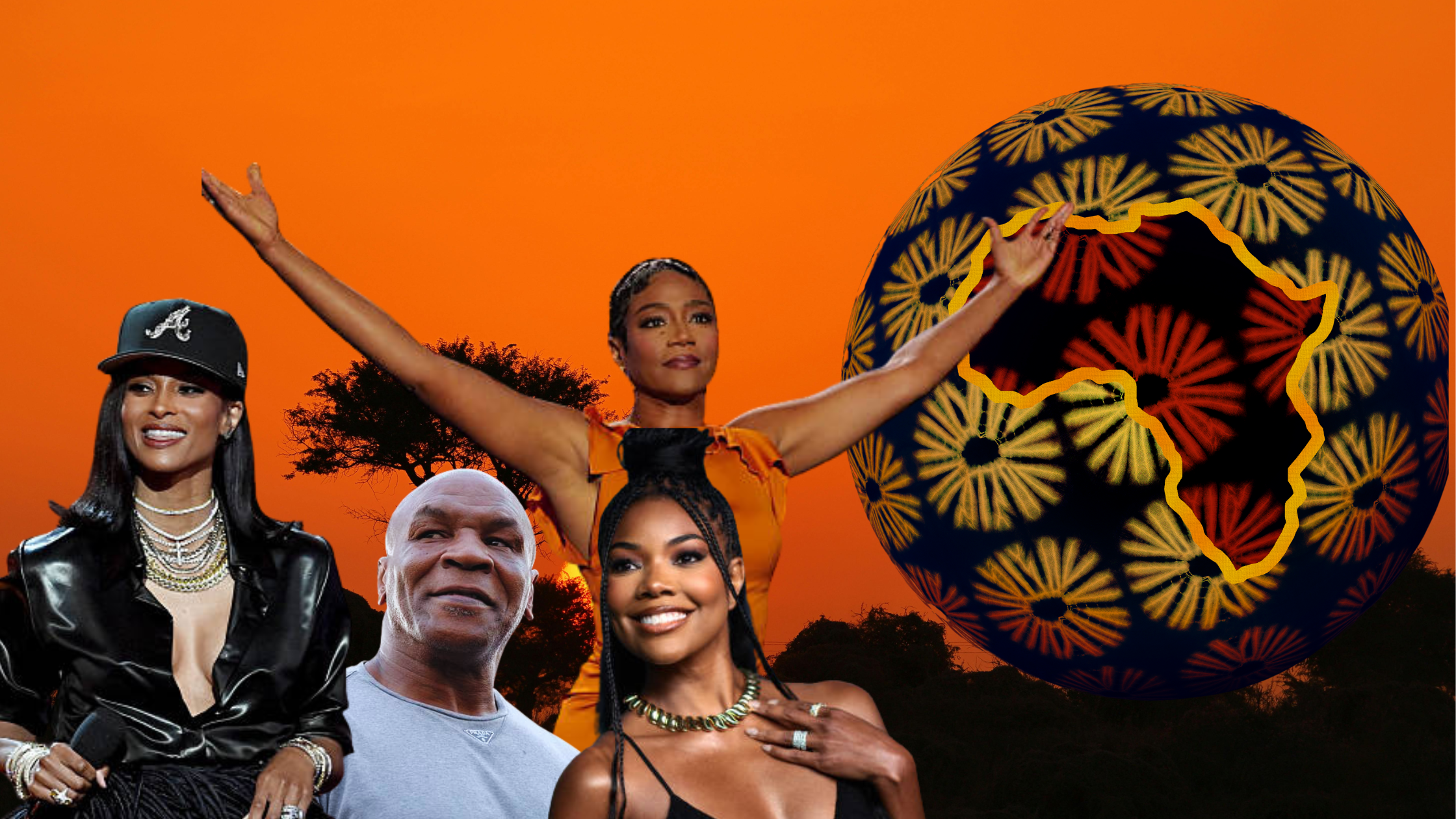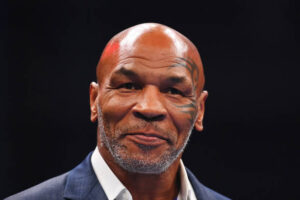Blog
Black Celebrities Reconnect with African Roots in 2025

Black Celebrities Reconnect with African Roots in 2025
In 2025, Africa reappeared on the maps of Black Hollywood. This year, the continent witnessed a surging interest from African American celebrities looking to trace their roots. The growing trend has positioned Africa as the New Mecca for Hollywood stars who seek to reconnect with their ancestral origins by tracing their heritage back to the motherland.
Four hundred years of the transatlantic slave trade scattered millions of Africans across the globe. For generations, their descendants grew up with no way to connect with their past. However, over the last decade, DNA testing and genealogy platforms have begun to change that. More people are now finding the country or even the community their ancestors left.
Celebrities Who Visited Africa in 2025
Ciara
Ciara accepted Beninese citizenship on July 26, 2025, and the ceremony in Cotonou trended within hours. Videos of her receiving her certificate flooded timelines across the continent and beyond. A few months later, she was walking the runway at Lagos Fashion Week.
Gabrielle Union
Gabrielle Union’s journey took her to Ghana, where she stood before the walls of Cape Coast Castle, the same fortress that once held enslaved Africans before they were shipped across the Atlantic. She later described the experience as cleansing, a word that carried the weight of generations.
Mike Tyson
Mike Tyson’s visit to Kinshasa had a different rhythm. He came to Congo to celebrate the 50th anniversary of the “Rumble in the Jungle” and to connect with his ancestral roots. The boxing legend traced his ethnicity back to the country.

Tiffany Haddish
Tiffany Haddish took her energy across Africa this year for her new show Tiffany Goes Off. She visited South Africa, Tanzania and, Zimbabwe. She too came seeking to reconnect and replant broken ancestral roots.
These celebrity visits didn’t happen in isolation. They’re part of a larger story. One that began years ago with deliberate policies aimed at reconnecting Africa and its diaspora
What Set the Trend in Motion
The story didn’t begin this year. In fact, its roots stretch back more than two decades. In 2000, Ghana became the first African country to pass the Right of Abode law. It allowed people of African descent in the diaspora to live and work in Ghana without a permit, as long as they contributed to national development. The gesture was small at first, but it planted a seed.
Seven years later came The Joseph Project, a symbolic invitation for the descendants of enslaved Africans to return home. It marked two hundred years since Britain abolished the slave trade, and while it didn’t get global attention, it kept the conversation alive.
Then came 2019 and the Year of Return. Ghana turned a national policy into a global movement. Celebrities like Steve Harvey, Stevie Wonder, Naomi Campbell, and Idris Elba visited historical sites and shared their experiences online. The hashtag #YearOfReturn flooded timelines. Videos of first-time visitors walking through the Door of No Return spread like wildfire. For the first time, the idea of returning to Africa wasn’t abstract; it was viral, visible, and emotionally charged.
That visibility changed everything. Suddenly, governments saw what the moment could mean for tourism, investment, and identity. Other countries began drafting policies that made similar returns easier.
Why 2025 Feels Like a Turning Point
Benin’s Afro-Origins Law took effect in 2024, and Ciara’s citizenship was the first big test. The law grants citizenship to anyone 18 or older who can trace their ancestry to Africans taken during the transatlantic slave trade. Seeing a global celebrity take that step made the policy real.
What makes 2025 different from any other year where celebrities have flocked to Africa is that this time, it’s not about the photo ops. It’s not people hopping on a trend. The African diaspora is rekindling lost connections with communities and discovering heritage that many had long accepted as irredeemably lost.
What This Means for the Future
The return movement is entering a new phase. It’s no longer limited to cultural nostalgia. Real estate, tourism, and creative industries are now part of the conversation. Ghana has become a hub for Black-owned resorts and production companies. Benin is positioning itself as a destination for dual citizenship and diaspora investment. Other countries like Kenya and Rwanda are quietly building similar initiatives, learning from Ghana’s model.
The emotional side still matters. Every homecoming video, every DNA reveal, every ancestral walk bridges the gap between the Black diaspora and the continent. This is shaping how younger generations of the diaspora see themselves. Instead of identifying solely as outsiders looking in, they’re seeing themselves as part of a bigger community.
For African countries, the challenge is to sustain the momentum without turning heritage into marketing. The interest is high now, but what will matter long-term are the opportunities created for people who want to stay, build, and contribute.
Closing Thoughts
The year 2025 feels like a milestone in the relationship between Africa and its diaspora. Celebrities like Ciara, Mike Tyson, and Gabrielle Union aren’t starting a trend. They’re representing one. Their actions reflect a wider shift happening quietly across generations, the desire to reconnect and rebuild.





